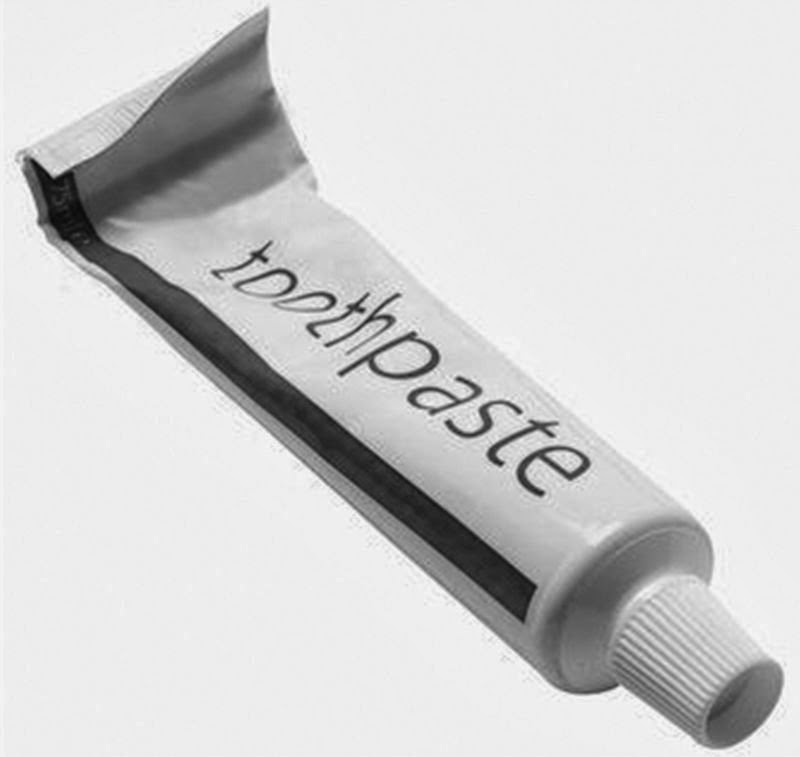Easy Ways to keep water clean and cool this summer
Whenever we came rushing back home in the sweltering heat, my grandmother always insisted on us drinking water from a matka, kept wrapped in a wet bright red cloth, rather than grabbing a refrigerated chilled water bottle. Traditionally, the matkas and other earthen pots have been used to store and keep water cold. Water stored in a matka or a surahi (another earthen pot with a narrow and long neck) gets cooled within a few hours, because they are porous. Thanks to that quality, the air moves in and out of the pot, bringing down the temperature of the water stored inside it.
Water from a matka is comparatively gentler on the throat; hence people who are prone to cough and colds are advised to consume it from such earthen pots than straight from a refrigerator.
Nowadays, you’ll also see jug-shaped earthen pots to store water, they are handy and will also look nice on your dining table. So this summer, bring on those cute looking matkas, delicate surahis, and jugs for refreshingly fresh and cool water. But make sure you scrub and clean them regularly.
Store water in a copper vessel.
Ayurveda recommends storing and drinking water from copper vessels. It is assumed that water stored overnight in a copper vessel.
- accumulates traces of copper, which are beneficial in strengthening the muscular system
- purifies the blood and remove toxins
- kills bacteria
To attain the above said benefits, the copper vessel should be made of at least 95% copper and 5% zinc. Anything less than 95 per cent will not kill the damaging pathogens.
However, storing water in a copper vessel can even prove to be detrimental if the vessel is not cleaned and washed regularly. Make sure that the container is scrubbed and rinsed well and ensure that there are no deposits left in it.
Use a fitkari or alum for sedimentation.
Sometimes the stored water looks and becomes cloudy (turbid) and unclear. Sedimentation is a physical process used to remove such turbidity of water by settling down the suspended particles.
The process of sedimentation can be quickened by adding certain chemicals such as alum or fitkari. To treat and purify the contaminated water at home, a piece of alum can be added and left unstirred for a couple of hours. After some time, the impurities get collected at the bottom of the vessel. After which, transfer the clear water into another container.
Bring it to a boil.
Simply boiling the water is the easiest and most effective method of disinfecting the water. It effectively destroys most of the microorganisms such as bacteria, viruses, protozoan and other pathogens.
A "rolling boil" for a minimum of one minute is enough to kill most of these disease-causing organisms.






Comments
Post a Comment